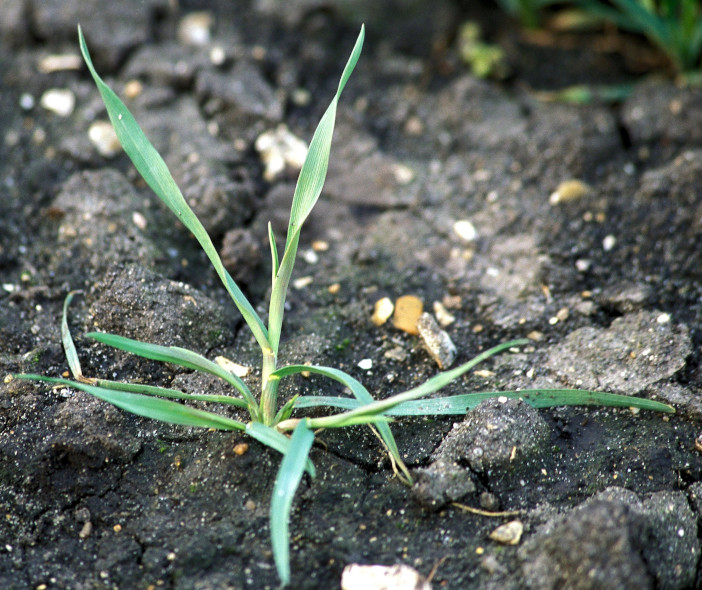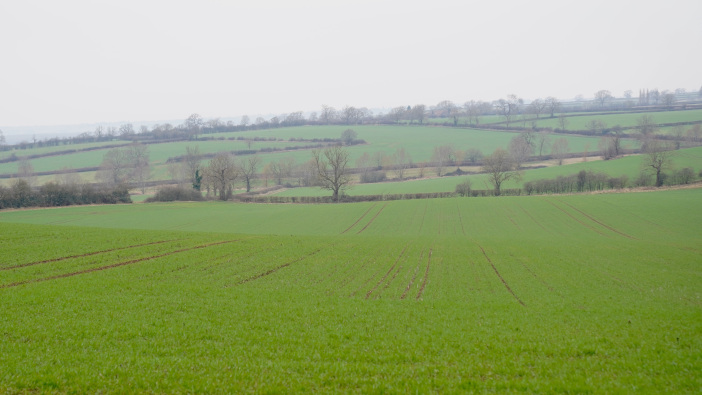Regardless of the favourable conditions that autumn and winter have provided for cereal growers, in most cases, a contact herbicide will still need to be sprayed on crops.
Corteva Agriscience has said that although a mild December and January have given residual chemistry the best chance to dampen the weed burden, as temperatures rise in the next few weeks, flushes of grassweeds and broad-leaved weeds will appear.
The wheat area in England rose 28% in 2020, to 1.62 million hectares, meaning that about 1.8m hectares will need to be assessed for herbicide applications this spring.
And with wheat currently commanding more than £200/tonne, there is a large incentive for farmers to use products that will prevent weeds from reducing yields.
Although some farms have had issues with product availability, which will have an effect in spring, says Alister McRobbie, cereal herbicides product manager for Corteva Agriscience.
Mr McRobbie said: “The reduced availability of glyphosate pre-drilling meant that many growers were unable to spray off emerging grassweeds prior to drilling, resulting in a greater weed burden going into the winter.”
He advises a spring application of a contact graminicide to control grassweeds and protect yields.

Alister McRobbie 
Wild oats
“Broadway Star gives excellent control of brome species, ryegrass and wild oats in winter wheat,” Alister said. “It is also effective against a wide range of broad-leaved weeds. Using in conjunction with a pre-herbicide residual programme, it provides robust control going into the key period of the growing season.
“For best results, include a recommended adjuvant and always target weeds when they are small and actively growing, and don’t spray when it is cold as efficacy will be reduced. A good rule of thumb is that if the grass is growing and needs a cut, it’s probably suitable for applications of Broadway Star.”
Early applications for sterile brome control will benefit from tank-mixing with pendimethalin to provide some residual control where there is the potential for further germination.
Broadway Star will also control a range of difficult broad-leaved weeds such as cleavers, groundsel, brassica weeds, pansy, poppy and speedwell. In addition, 265g/ha of Broadway Star plus an adjuvant will control umbelliferous weeds such as bur chervil and shepherd’s needle, provided the weeds are small at application.
“Some farmers may have missed the fact that Broadway Star now has approval for use in spring wheat. It can be applied at 200g/ha plus an adjuvant to target wild oats and broad-leaved weeds too,” Alister said.


